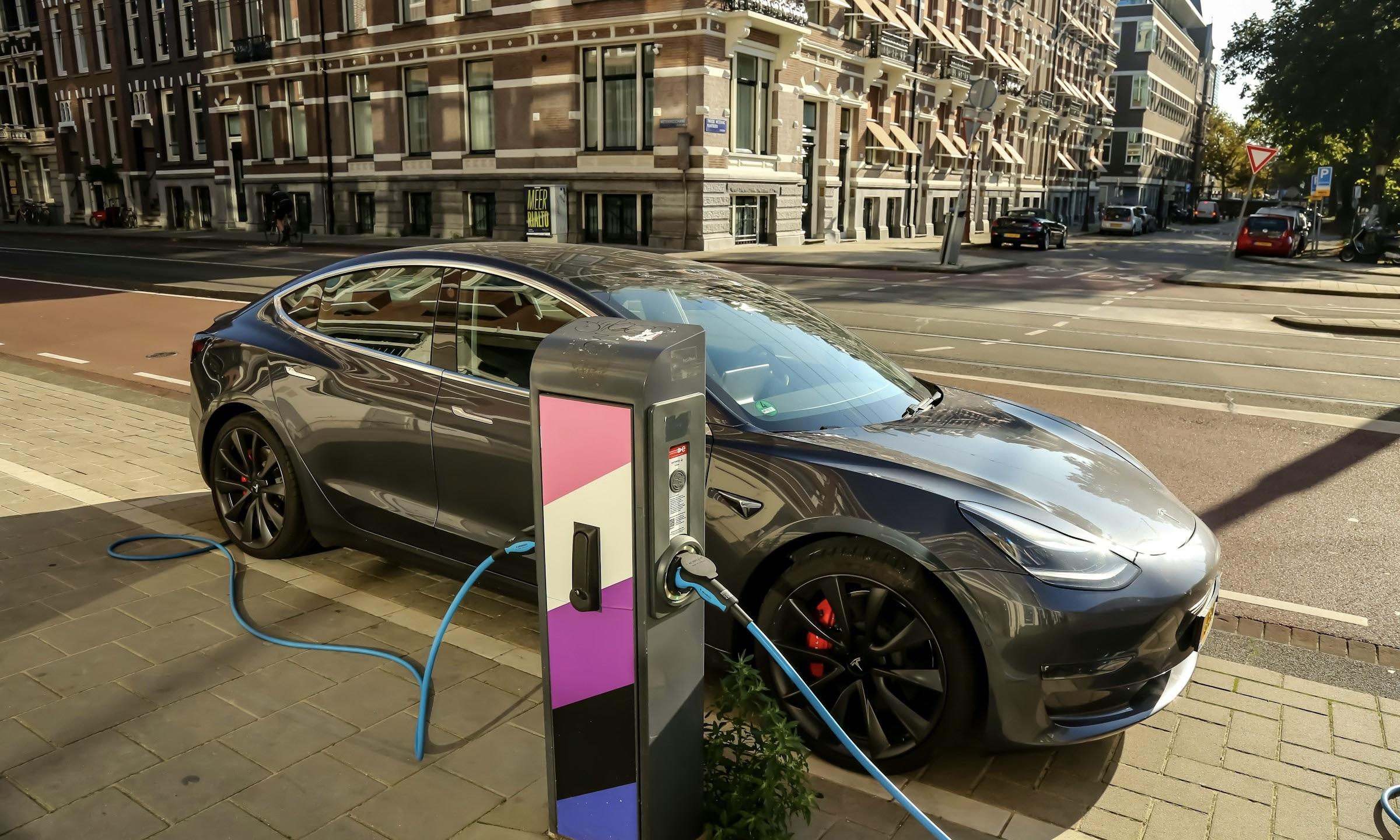The US Treasury Department issued new guidelines on the eligibility of EV charger tax credits for individuals and businesses.
IRA Enhancements Amplify Benefits of 30C EV Charging Tax Credit
When the Inflation Reduction Act went into effect in August 2022, it provided a tax credit for up to 30% of the cost of qualified EV charging "property." Formally known as the Alternative Fuel Vehicle Refueling Property Credit, the IRA changed the limitation on the 30C EV charging tax credit so that it no longer applies per site but rather per single item of EV charging property—that is, per charger.
The US Treasury's EV charger tax credit, which can be claimed on IRS Form 8911, is restricted to $1,000 for individuals claiming home EV charging and $100,000—up from $30,000—for commercial properties. That became effective on January 1, 2023 (a year ago).
The tax credit can also be claimed directly, allowing "eligible entities such as governments and tax-exempt organizations making investments in EV infrastructure to benefit."
30C EV Charging Tax Credit: Navigating Eligibility and Expanding Infrastructure
The IRS's most recent guidance explains that in order to qualify for the 30C EV charging tax credit, individuals and businesses must live in an "eligible census tract." An eligible census tract is defined as "any population census tract that qualifies as a low-income community or that is not an urban area."
The White House announced today that qualified census tracts will "confirm that the Inflation Reduction Act's 30C EV charging tax credit is available to approximately two-thirds of Americans." The US Department of Energy and the Argonne National Laboratory have released a mapping tool to assist consumers and companies in determining if they are eligible for the 30C EV charging tax credit.
Albert Gore III, executive director of the Zero Emission Transportation Association (ZETA), stated that "as the primary incentive for charging infrastructure, 30C plays an outsized role in transitioning our nation to electric vehicles."
He added, "We … now have 170,000 publicly available EV chargers across the country. The Biden Administration set a goal of deploying 500,000 public chargers by 2030. To realize this ambitious goal, the 30C tax credit must be implemented effectively."
Photo: Rick Govic/Unsplash



 Apple to Begin Mac Mini Production in Texas Amid $600 Billion U.S. Investment Plan
Apple to Begin Mac Mini Production in Texas Amid $600 Billion U.S. Investment Plan  Samsung and SK Hynix Shares Hit Record Highs as Nvidia Earnings Boost AI Chip Demand
Samsung and SK Hynix Shares Hit Record Highs as Nvidia Earnings Boost AI Chip Demand  Samsung Stock Hits Record High on Nvidia HBM4 Supply Deal, Boosting AI Chip Rally
Samsung Stock Hits Record High on Nvidia HBM4 Supply Deal, Boosting AI Chip Rally  Coupang Reports Q4 Loss After Data Breach, Revenue Misses Estimates
Coupang Reports Q4 Loss After Data Breach, Revenue Misses Estimates  Meta Encryption Plan Sparks Child Safety Concerns Amid New Mexico Lawsuit
Meta Encryption Plan Sparks Child Safety Concerns Amid New Mexico Lawsuit  Hyundai Motor Group to Invest $6.26 Billion in AI Data Center, Robotics and Renewable Energy Projects in South Korea
Hyundai Motor Group to Invest $6.26 Billion in AI Data Center, Robotics and Renewable Energy Projects in South Korea  xAI’s Grok Secures Pentagon Deal for Classified Military AI Systems Amid Anthropic Dispute
xAI’s Grok Secures Pentagon Deal for Classified Military AI Systems Amid Anthropic Dispute  Amazon’s $50B OpenAI Investment Tied to AGI Milestone and IPO Plans
Amazon’s $50B OpenAI Investment Tied to AGI Milestone and IPO Plans  Snowflake Forecasts Strong Fiscal 2027 Revenue Growth as Enterprise AI Demand Surges
Snowflake Forecasts Strong Fiscal 2027 Revenue Growth as Enterprise AI Demand Surges  OpenAI Targets $600B Compute Spend as IPO Valuation Could Reach $1 Trillion
OpenAI Targets $600B Compute Spend as IPO Valuation Could Reach $1 Trillion  Federal Judge Blocks Virginia Social Media Age Verification Law Over First Amendment Concerns
Federal Judge Blocks Virginia Social Media Age Verification Law Over First Amendment Concerns  Trump Pushes Tech Giants to Build Power Plants to Offset AI Data Center Energy Costs
Trump Pushes Tech Giants to Build Power Plants to Offset AI Data Center Energy Costs  DeepSeek AI Model Trained on Nvidia Blackwell Chip Sparks U.S. Export Control Concerns
DeepSeek AI Model Trained on Nvidia Blackwell Chip Sparks U.S. Export Control Concerns 































